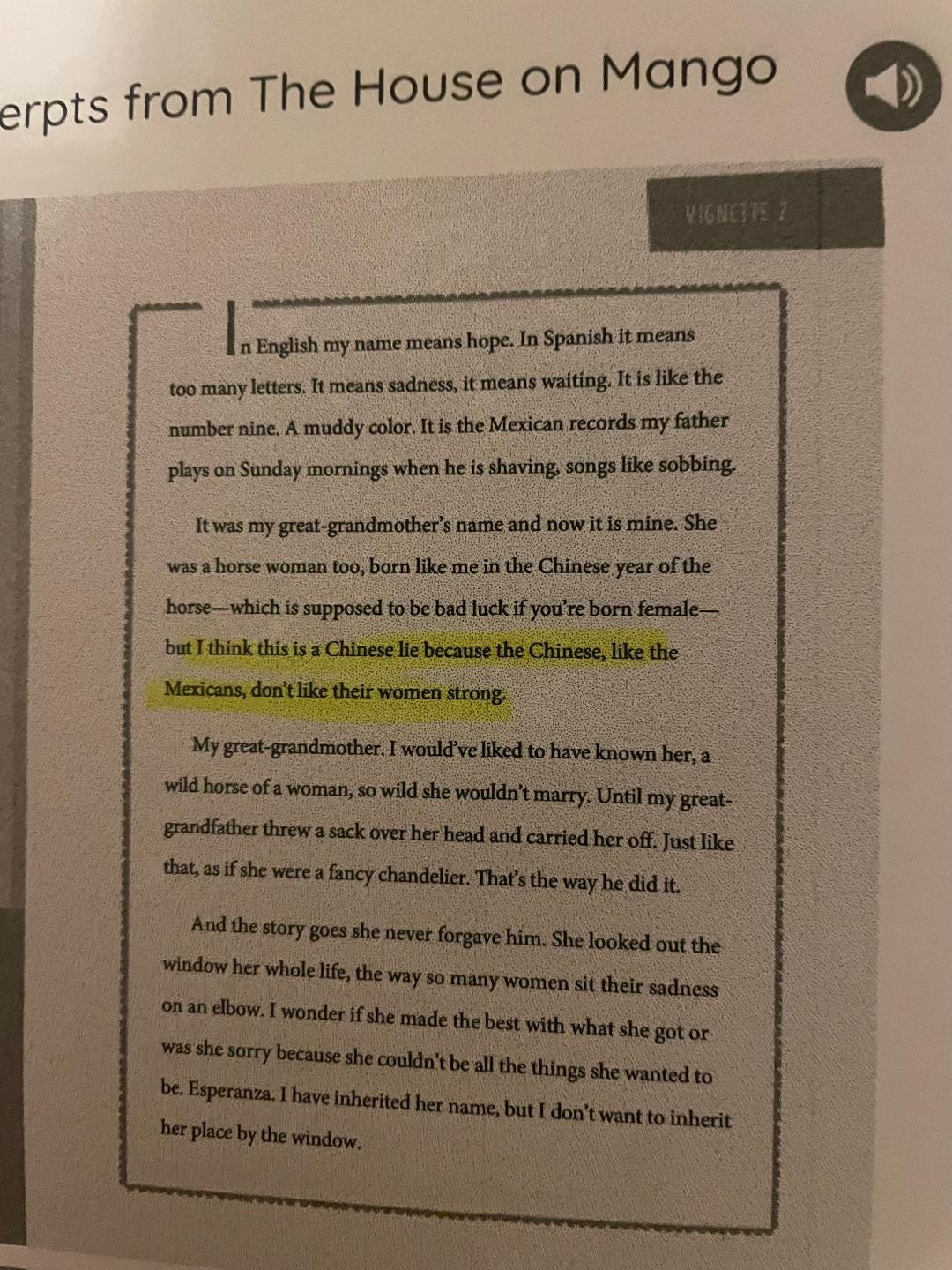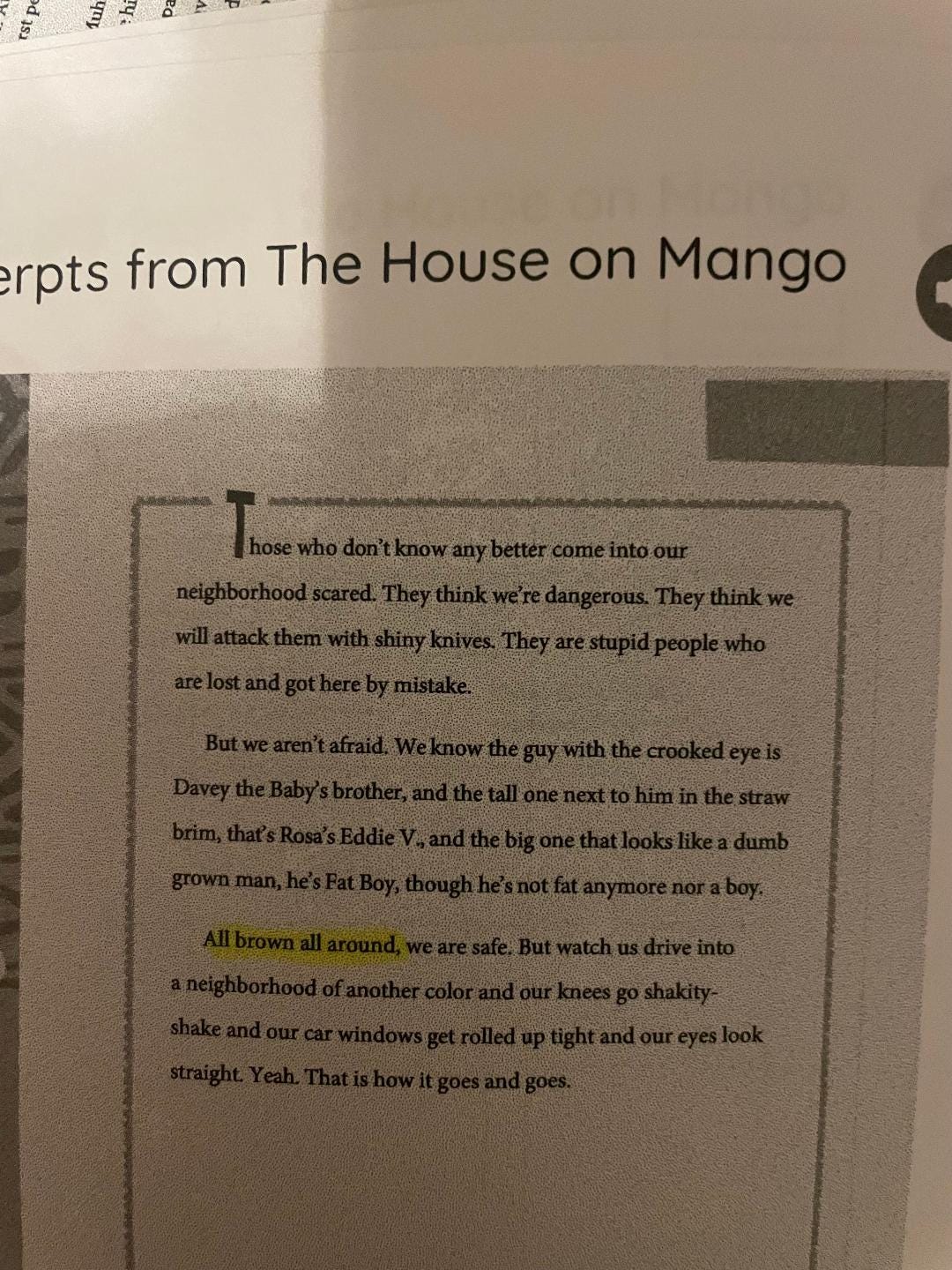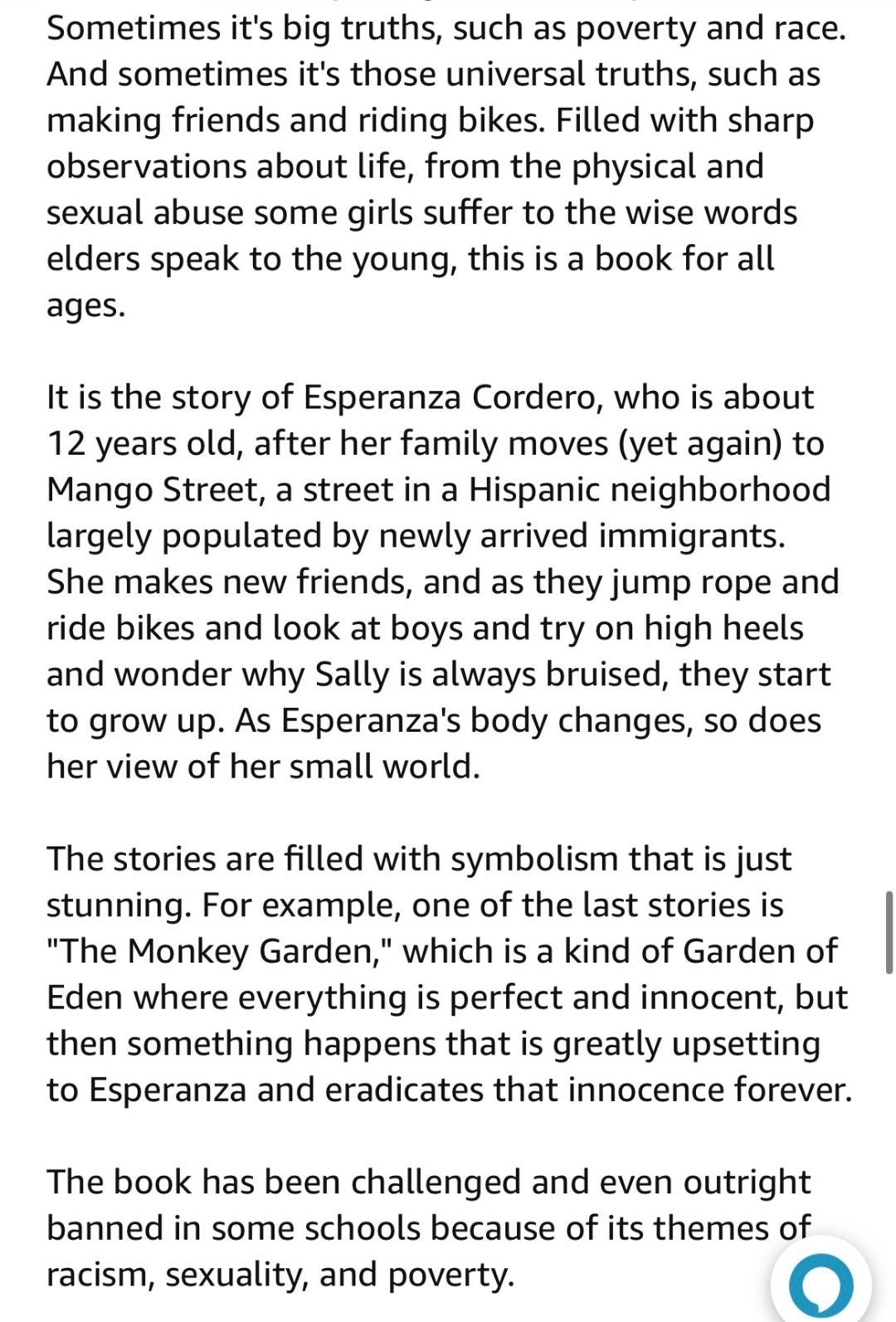The Problem with CKLA
Amplify CKLA- Core Knowledge Language Arts
A collaboration of 3 Nebraska authors
Editors Note: Core Knowledge Language Arts is sweeping across Nebraska in large and small school districts. After connecting to people in several districts, a common theme has emerged. The school board members are told that the teachers want it. The contracts with the vendor are signed by administration first, and then the school board members are asked to approve them. Their objections are met with the explanation that it is already a done deal. School districts are paying hundreds of thousands of dollars for this online reading curriculum. ($150,000 in a rural district, $800,000 in a suburban district.) Parents and teachers are finding the curriculum to be inappropriate for age, heavy into sexual themes, rife with critical race theory lessons, and derogatory toward Christianity. Teachers complain that they have to pick through the lessons to find something they feel they can use. What is behind this statewide takeover of Language Arts curriculum? One administrator explained to a parent that it is required by the Nebraska Dept. of Education, we have verified that is not true. The ESU’s are playing a vital and possibly coordinated role. If you have information on CKLA or any problematic curricula, please email me at forwardnebraska@substack.com. Teachers and other contributers can remain anonymous. There will be more coming on this topic.* If you are not already a subscriber, make sure you get on the free mailing list by clicking “subscribe.”
*Please see the subsequently published articles
CKLA-Marxist Indoctrination Via English Class
EdReports: Common Core Curriculum Via Gates Foundation
A Second Grade Teacher Speaks Out
I have been a classroom teacher over 30 years. The last sixteen years have been in second grade. Starting in August, our school has been teaching the CKLA curriculum. This curriculum has two parts.
The ‘Skills’ part is the actual teaching children to read. Children learn phonics skills, vocabulary, grammar, writing, comprehension, spelling, and practice reading fluency.
The other part is called ‘Knowledge’. At the second-grade level during the Knowledge portion, the students themselves do no reading of their own. The children listen to in-depth presentations on a variety of subjects.
I have two issues with the Knowledge piece of this curriculum. My first issue is with the time it takes out of the teaching day. An hour is spent each day solely on the detailed presentation of different topics. While we have state standards to meet in both social studies and science, there is very little time left each day to spend on these subjects.
My second issue is with the subject matter of some of the Knowledge units. Unit 4 Lesson 2 is about Greek mythology. One of the myths is Prometheus and Pandora. In this story, Zeus is angry at Prometheus for giving man fire. Quoting from the book, “Soon after this, Zeus ordered Prometheus chained to the side of a mountain. Every day, an eagle would come and peck at Prometheus. But because he was immortal, he never died.” Unit 4 Lesson 3 has the story of a mother named Demeter and her young daughter Persephone. Prior to this story, we learn that Hades would be Persephone’s uncle. To quote the book again “ Hades had fallen in love with Persephone, and the king of the underworld wanted to make her his queen. On that day, as Persephone drifted away from her mother, Hades harnessed his four black horses to his golden chariot. As Persephone bent to pick up one last flower, she could hear the faint sounds of hooves beating. Persephone stood up and looked around. As she did, Hades tore open the ground that separated the underworld from the land of the living and grabbed Persephone. He spirited her away, back to the underworld in his chariot.” This content is dark and tragic and not appropriate for a 7-year-old child.
Some of the content is developmentally beyond 2nd grade. Knowledge Unit 2 centers around Early Asian Civilizations. This same information is not found in the Nebraska State Standards until 6th grade. The majority of the units, like this one, go into details that the children cannot relate to and that fail to hold the children’s attention. We’ve found we can not assess these units because the scores are too low.
On a personal level, I struggle most with the teaching of religion. Knowledge Unit 2 Lesson 3 teaches in detail about Hinduism. Lesson 7 teaches about Buddhism. Again, the teaching of religion is in the middle school standards. When we as teachers sit in a position of authority and teach these subjects to young children, they take it in as fact. I had that experience. Although I prefaced what I taught with, “Some people believe…” I still had one of my students argue with his father saying that Brahma was God because I had said so.
The focus of second grade should be teaching students to read, not filling their heads with trivial content. Due to the content and time the program requires, I would not suggest this reading series.
A Parent Speaks Out
The CKLA curriculum is new for us this year. I had heard some concerning information before the school year started. As soon as I could get my hands on the curriculum, I dove in and started reading. I found a lot of concerning topics, stories and overall themes. I will attach some pictures from the curriculum. This curriculum uses many story excerpts. A couple of those excerpts come from some very inappropriate books.
I don't understand the selection and why they are leading these kids towards these books. Although the excerpts may not contain directly inappropriate content, the books certainly do. Something that I find interesting also is that there are knowledge portions of curriculum. During those portions the kids do NOT read or work on any type of phonics or reading tasks. They simply listen to the teacher read to them. My second grader read significantly less in class time with this curriculum, especially during the begining of the year.
There are lessons on religion, even for very young students. Those are highly concerning to me as well as to some of our teachers. There seems to be a bias toward Islam and Hinduism for example, while Christianity is described negatively.
The following are curriculum examples:
This is a YouTube video that is word for word from the teachers curriculum in CKLA.
The title is "Liberty and Justice for All?" It is a first grade lesson.
CKLA uses excerpts from books. Students read the excerpt and fill out a worksheet. The book “The House on Mango Street” is used in the 4th grade curriculum and has many excerpts that are part of the curriculum. This book features stories about racism, abuse and sexual assault. There is inappropriate content that is part of the curriculum as pictured. I notice many references to race in this book.
If a student were to find this book interesting and check it out of the library, they would find passages such as this one describing a sexual assault. Remember, this is for 10-year-old 4th graders:
The description of this book admits that it is often challenged in schools. This begs the question: with excellent children’s literature out there, and with the natural joy that children experience in learning to read real books, why are school districts paying hundreds of thousands of dollars per district for something that is less interesting to young readers and possibly traumatizing? Why does anyone need a computer to learn to read?
Where Does Amplify: CKLA Come From?
This excellent article explains a little about the origins of the program and what early adopting teachers in Tulsa, OK thought of it. I highly recommend taking the time to read the article. They were less than thrilled in Tulsa. Apparently, when a person is as connected as Rupert Murdoch, a failed experiment can still become a lucrative revenue stream.
CKLA is a product of Amplify, the education division of Rupert Murdoch’s News Corp., an entertainment/news media company. The corporation planned to disrupt the American education industry as a newcomer in the curriculum development arena by introducing its own tablet computer and bundled education software into classrooms across the United States. When the ed-tech company didn’t deliver on its financial objective, Murdoch sold it to private investors.
Allowing flexibility to experiment with untested ideas and products that may be disruptive, and may often fail, can be a positive in business (sometimes described as “failing forward”) but can be devastating to school systems where children are the losers when the product doesn’t deliver on promises.
Shannon Johnson, a TPS teacher for 14 years who now works at TU’s University School, noticed a shift in focus when TPS accepted the Bill and Melinda Gates Foundation grant for teacher evaluations.
“There was a push to have business practices put into place for education, but it didn’t work,” Johnson says.
Similar to Nebraska, Oklahoma teachers found the pace daunting and the lessons formulaic with CKLA.
“The principal says it’s only a tool,” a first-grade teacher said, “but she also says it has to be done on time to take the assessment. If we do one lesson a day (CKLA and Eureka Math), we’re not even through it. There are days we can’t even get to a lesson, or the kids might need two days on one lesson. We can’t do that. Everybody has to be on the same lesson at the same time. There’s no time to give children extra help. They (the administration) tell us to just keep going. They’ll get it by the end of the year. About half of them are failing reading.”
Even though the principal at one school told teachers that they could supplement with outside material, the teachers said that CKLA doesn’t allow time for that. As long-time educators, these teachers have developed engaging supplemental units and hands-on projects, but those materials sit gathering dust in a closet because there’s no time to use them.
One veteran Tulsa teacher’s solution was to ignore the pricey curriculum until she was forced to use it. Then she quit.
CKLA left little room for teaching critical thinking, new vocabulary and interesting content. It also took away the opportunity to encourage her students to love reading.
“You get a piece of a book (with CKLA),” she said, “a taste of a book, not a full novel experience. We always read whole books, and studied them, and I worked my curriculum around it. We would do projects and spelling lists, and language arts. I don’t remember any chapter of a basal reader, but my former students talk about the books we read.”
The last year that Johnson taught at TPS she said she did not teach CKLA, although “everyone else in the district was teaching it. I was teaching literacy rich lessons using novels, not CKLA,” she said, “and my OCCT reading scores were the highest for fourth grade in the district.”
Johnson said she couldn’t continue at TPS when the district required that she use CKLA, so she left.
My job was to make the students love reading. I’m supposed to read a script and follow along?” she said. “I’m not needed.”
Discussion with a School Board Member
A veteran school board member has initiated conversations with multiple Nebraska districts regarding how they ended up with Amplify: CKLA. The stories from district to district have many similarities, and they agree it ultimately comes from the ESU.
A committee of teachers was formed to choose new curriculum. The school board member states:
“Over the years, the teachers have come to trust the ESU. They go there for their training and they begin to think a certain way. The teachers become principals and the principals become superintendents. It is a comfortable relationship. It is natural that teachers who are seeking a curriculum would contact the ESU.
In our case, the teachers on the committee were told that the curriculum must be “Esser friendly” and “green on EdReports.” They were confused by these terms and felt nudged in a certain direction by the ESU. One teacher felt coerced into considering CKLA when it wasn’t an early contender. An Amplify rep was brought in to talk to the teachers by the ESU. The lessons shown to the teachers were cherry-picked. In spite of everything, our teacher committee voted to go in a different direction. Our Superintendent chose CKLA.”
“The School Board was kept in the dark. We were told that this was a “teacher driven process.” In fact, it is an ESU process that is rubber stamped by Superintendents.”
-Anonymous School Board Member
“Two months after we bought the curriculum, some of the teachers started to grumble about it. The teachers who were against it said nothing before it was implemented. They knew the Superintendent wanted it and they feared for their jobs.
One of the CKLA lessons that our curriculum director rejected is called “The Good Lie.” As a school board member, I feel the ESU has pulled “A Good Lie” over on us.
Our curriculum director has spent countless hours editing this curriculum.”
The school board member also says CKLA has elements of science and social studies in the curriculum.
“It appears to be a social studies curriculum geared toward language arts. The baseline is there to call this a “3 in 1” curriculum, and I suspect that is where this is leading. It would only take a corrective supplement from Amplify to have it become the over-arching curriculum of our district.”
The confusion regarding EdReports and Esser funds seems intentional to this board member:
“Nobody understands the rules. Who put all these rules and conditions on our teachers?”
The Obvious Question is: Why?
Why are school districts all over the state spending millions of dollars on this less than stellar program?
Why are ESU’s and administrators being so underhanded in forcing this program into their districts, as if they know it will be a problem with staff and parents.
Why does Amplify choose excerpts from books that parents would likely object to?
Why is religion being taught to 7-yr-olds by schools when, as the teacher says, the state standards don’t mention religion until middle school? Isn’t religious education the perogative of the family?
Critical Race Theory is a prominent component of many of these lessons, although the schools won’t admit it. Unfortunately, that is consistent with current Nebraska Dept. of Education goals. See How Did Nebraska Schools Go Woke?
How much data is being collected on the children using their computers to learn to read? Is there any evidencs that learning to read on a computer is better than reading books?
Is the Nebraska Dept of Education requiring these expenditures? How much is tied to the Esser (Covid Relief) funds from the Biden administration.
Who is EdReports and why are they involved in determining which curriculum can be chosen by teachers?
Who is getting kickbacks and/or profiting from taxpayer funds.




